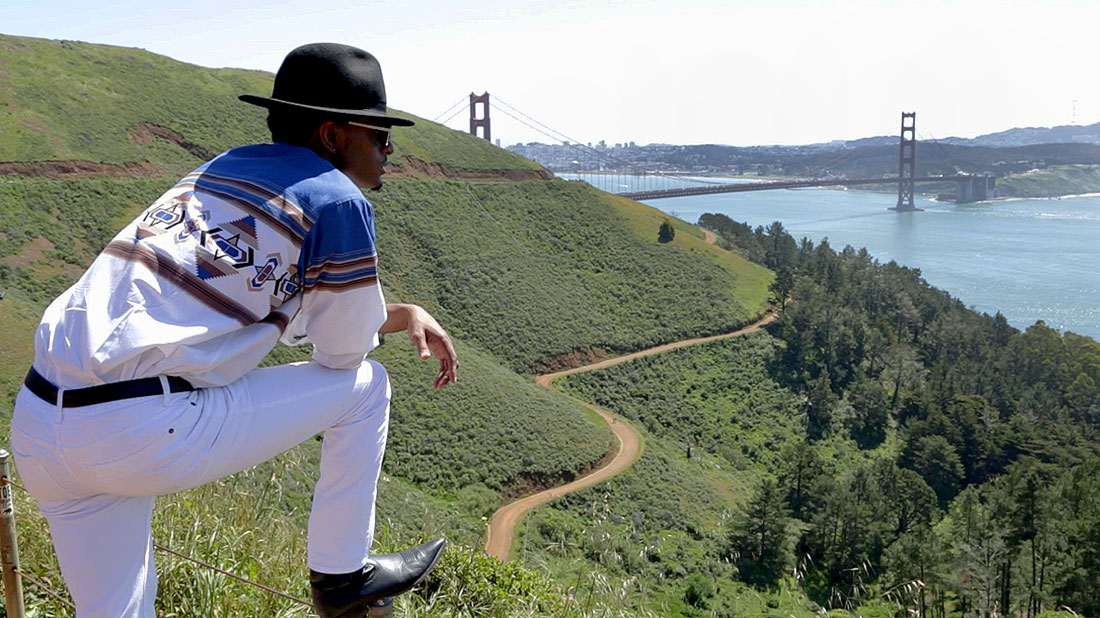As we explored last week, music is proven to be a healing force for distress — and especially after tragic, communal experiences. We watch footage online of the latest black citizen killed by police; we funnel our despair into direct action, social media, or petitions; and we comfort each other until it inevitably happens again.
For Ziek McCarter, though, the experience isn’t communal. It’s personal.
Five years ago, McCarter’s father was shot and killed by law enforcement in East Texas, under circumstances that the 23-year-old singer of San Francisco soul band Con Brio still considers unclear. The phone call that no son ever wants to get could have easily turned him angry and bitter. Instead, he channeled his father’s spirit into his music: “Anywhere I go, my eyes are his eyes,” he says. “His voice is with me all the time.”

McCarter, like many, turned to music. Con Brio’s debut album Paradise is out this week, and it serves as a celebration of human resilience and hope in the face of hopelessness. Songs like “Free and Brave” and “Hard Times” directly address McCarter’s strength in the aftermath of his father’s death, his searing vocals backed by the band’s rock-solid rhythm section and tight horn arrangements.
But Con Brio also knows their roots. When we asked them to think of a cover song to play inside their van while driving across the Golden Gate Bridge, they came back with pure heat: Stevie Wonder’s anthem of growing up young and black in the deep south, “Living for the City.”

